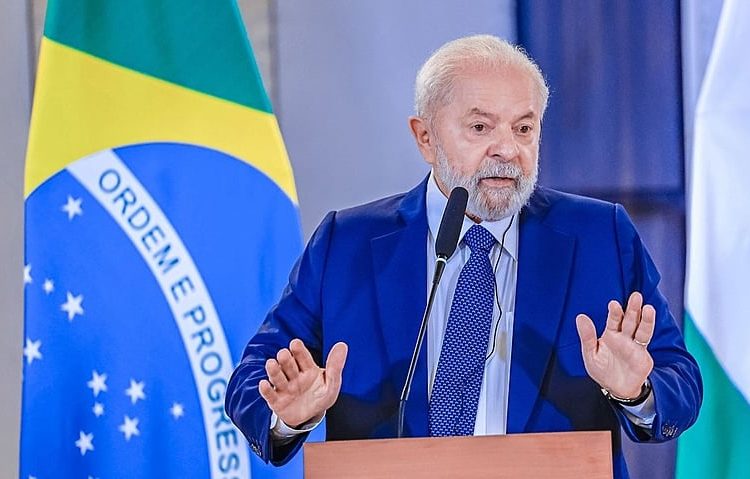On Tuesday afternoon (31), President Lula enacted a law that creates a special pension equal to one minimum wage for orphans of femicide victims. The measure aims to benefit children and dependents whose monthly per capita family income is up to 25% of Brazil’s minimum wage, which corresponds to 330 reais (US$ 65). The policy provides social aid for all children under the age of 18 on the day their mothers died. The benefit must be granted upon demand whenever there is "evidence of femicide".
“We must guarantee victims that their kids will not be abandoned by the State. If the State did not take care of these people and allowed these women to die, it must at least take responsibility for their kids,” argued the politician, making comments about the subject during a live stream on Tuesday morning.
The new law establishes that if after the legal process becomes final and unappealable it concludes there was no femicide, the benefit will be immediately suspended. In this kind of situation, beneficiaries are not obliged to reimburse the amounts, except in cases of proven bad faith. The norm also determines that the pension cannot be accumulated with other Social Security benefits, special pension schemes or the military’s social protection system.
The expenses created by the law will be linked to the Executive's social aid area and, therefore, must be annually reviewed in the Annual Budget Law (LOA, in Portuguese), which is sent to Congress. Under the new rule, the benefit must be paid by the State until the victim's child turns 18 years of age. Approved by the Chamber of Deputies in March and by the Senate in October this year, the policy resulted from a bill presented by Federal Deputy Maria do Rosário (Workers’ Party, Rio Grande do Sul).
“These kids have already faced the worst pain possible, which is losing their mothers. And these mothers – maybe in the most difficult moment of their lives, while trying to get free from violence – were worried about their kids’ future in the face of their imminent death,” said the parliamentarian to Brasil de Fato.
The annual increase in femicide cases in Brazil is under the spotlight. Data by the Violence Monitor, collected in partnership with the Brazilian Public Security Forum (FBSP), the Center for Violence Studies at the University of São Paulo and the G1 website show that the number rose by 5% between 2021 and 2022, when there were 1,4 notifications of this kind. The data includes all 26 Brazilian states and the country’s Federal District and points out the highest number of femicide cases since the creation of Brazil’s Femicide Law (Law n° 13104/2015).
"Many children are left motherless. All research indicates that in 97.8% of cases, femicide is carried out by the victim's current or former partner, that is, the father of these children or their stepfathers, so that these children whose mother was murdered in a femicide crime also lost their fathers,” says Maria do Rosário, for whom the law sanctioned by Lula is a way of welcoming orphans.
"We are talking about children who are alone in the world. And when a grandmother, an aunt or an extended family wants to take on the responsibility of taking care of them, but it is an extremely poor family, they often cannot because, economically, they do not have the necessary support,” states the law’s author.
“We are, therefore, establishing this aid in an attempt to shed light on it to show that femicide victimizes women, but it continues to make victims every day in the lives of these children, especially when they are institutionalized, end up in shelters or are away from their families because they are unable to take care of them for various reasons, including economic ones,” concludes the Worker’s Party member.




